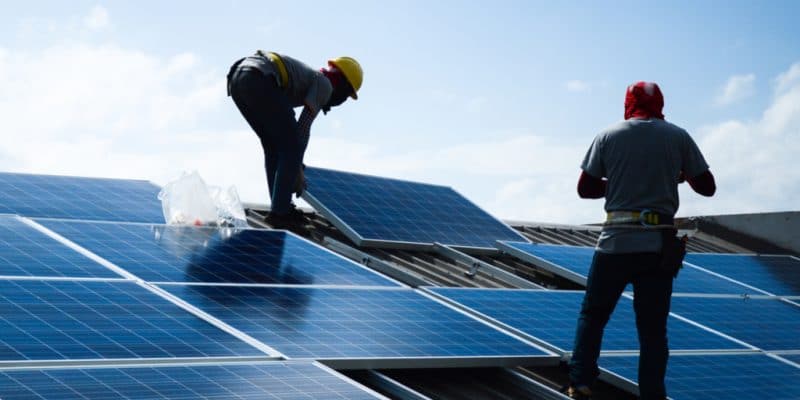Off-grid supplier Sola Group recently obtained 400 million South African rand (about 26 million dollars) from two financial institutions. These new funds will be used to provide the solar off-grid to companies.
Southern African countries are in favour of developing the off-grid solar market, and Sola Group intends to exploit the potential. This supplier has just received an investment of 400 million South African rand (nearly 26 million dollars). The funds come from African Infrastructure Investment Managers (AIIM), a private equity fund manager owned by Old Mutual and Nedbank Energy Finance, a subsidiary of Nedbank, a South African-based financial institution.
The first country targeted by Sola Group to provide solar off-grid to companies is South Africa. “This partnership brings together three highly experienced entities whose combined expertise provides consumers with clean energy solutions at a time when our country (South Africa) desperately needs them,” said Chris Haw, CEO of Sola Group.
More than 40 MW of off-grid expected
Sola Group’s two new investors are very active in the renewable energy sector in Africa. Nedbank is one of the financial institutions that is a strong participant in the South African Renewable Energy Supply Programme (REIPPP). This is a programme whose objective is to encourage independent producers of renewable energy (IPP) to invest in South Africa.
AIIM is best known for its investments in the solar off-grid. More recently, it raised $300 million to provide financing to companies that provide this off-grid solution in West Africa. The support of these two partners will make a significant contribution to the Sola Group project. It wants to provide off-grid solar power to companies, with a combined capacity of 40 MW. This will allow companies to benefit from electricity without the need for investment. They will simply pay a monthly invoice.
A failing national network
Solar Group has already signed contracts to supply solar off-grid systems to companies, including breweries, with a combined capacity of 15 MW. This solution is essential for South African companies that suffer losses due to the failing national electricity grid. This problem is partly caused by a deficit in electricity production and the crisis affecting the public company Eskom.
Things are far from improving since the results for 2019 are not very favourable for Eskom. It lost 20.7 billion rand (more than $1.3 billion). The South African Department of Finance came to the rescue by announcing an investment plan of 59 billion rand ( almost 4 billion dollars) for investment in Eskom over 2 years.
While waiting for a possible evolution of the situation with the results of the second round of REIPPP, the off-grid is a preferred solution by the government for companies. This solution will prevent the South African economy from dropping out of the market in the face of Nigerian competition.
Jean Marie Takouleu







